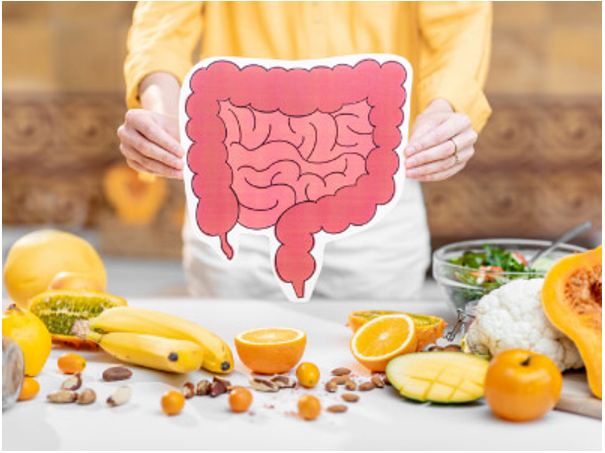
In November 2018, a high-stakes international darts competition was met with a “who did it?” controversy, where the loser of the contest blamed his loss on the alleged stinky wind of his opponent – only to have his opponent put the blame back onto him! The flatulence in question was described as having a distinct 'rotten egg' smell that was so distracting that neither opponent could concentrate on the game!
What’s the cause of the foul smell?While everyone has gas, most flatulence is odourless. Flatulence that smells sulphuric like “rotten eggs” or has any distinct bad smell may indicate a problem deep within the digestive system. Or, you may have just eaten something which has disrupted your gut. Gut bacteria produce all kinds of gases when they are digesting the foods we have eaten. Different types of bacteria and different foods create different smells – and it's not always an indication that anything is wrong.
Some foods like broccoli, cauliflower, garlic, meats, and the infamous fart-producing Brussels sprouts can all make your gas smell like rotten eggs. It's the high sulphur content of these foods that produce the infamous scent. Other stinky nutrients include raffinose (found in beans and legumes), sugar alcohols (like xylitol and sorbitol), and lactose (from dairy milk, cheese and yoghurt). Sometimes it's nothing to do with what you're eating – medications, constipation, and gut infections can all cause stinky gas too.
The answer to excessive flatulence may lie in the gutRegardless of the underlying cause of excessive flatulence, help is at hand. The beneficial bacteria in your gut break down any foods that may be contributing to the smell and can even break down the stinky gases. They can also help to reduce the overall quantity of gas, the desire to pass wind, and the frequency of farts1. A healthy microbiome may help to increase the gut's tolerability of gas – reducing the sensation of feeling bloating and the desire to fart. One study found that people who reported frequent flatulence had poorer quality gut bacteria than those who had a stable, healthy microbiome2.

What is good for flatulence?
- Eat slowly: Undigested food is more likely to release stinky gases when it passes into the colon. Giving yourself plenty of time to chew your food prepares your body to digest it properly before it reaches the large intestine. Eating quickly also increases your chances of swallowing a lot of air – which comes out the other end as gas.
- Avoid fizzy drinks: People who swallow air bubbles in fizzy drinks must pass them somehow – sometimes this excess air is relieved through belching, but it is often passed through the rectum as flatulence. Fizzy drinks often contain sugars that can contribute to an unstable gut microbiome, too.
- Exercise: By physically toning the muscles of the gut, any kind of mild exercise can help to reduce bloating and relieve flatulence3. Exercise also improves the quality and health of your microbiome4.
- Reduce gassy foods: Some foods naturally produce more gas during digestion than others. As well as the usual culprits like beans and cabbage, carbohydrates that are fermented by gut bacteria in the large intestine can cause digestive problems like excessive flatulence. Try to reduce them rather than cutting them out entirely as they are a good source of food for your gut microbiota.
- Seek medical advice: Excessive flatulence is usually easy to remedy with a few lifestyle changes and is generally nothing to worry about. However, it can be a symptom of underlying health conditions that require medical attention or a side effect of certain medications. Always see a doctor if you experience pain, ongoing constipation or diarrhoea, blood in your stool, or unexpected weight loss.
- Gas and the microbiome. Curr Gastroenterol Rep., 15:12, 356
- Anal gas evacuation and colonic microbiota in patients with flatulence: effect of diet. Gut, 63,401-408
- Physical activity and intestinal gas clearance in patients with bloating. Am J Gastroenterol., 101:11
- Exercise changes gut microbial composition independent of diet
- Influence of diet on the gut microbiome and implications for human health. J Transl Med., 15, 73









